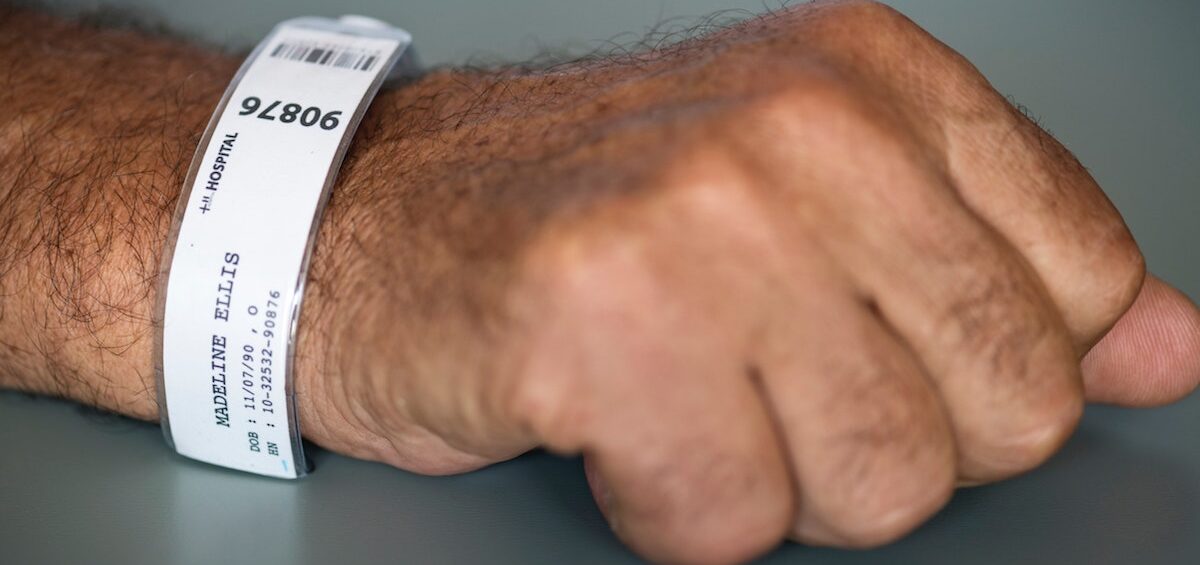Walk-a-Payung 2012 aims to raise funds for lupus patients and raise awareness of the challenges they face.
SYSTEMIC lupus erythematosus (SLE), or lupus for short, is a life-long, life-threatening disease that occurs when the body’s immune system turns against its own tissues for reasons that are still unknown.
More than five million people worldwide battle lupus daily, of which 90% are females.
Support for lupus: Persatuan SLE Malaysia (PSLEM), a nonprofit support group started by doctors and patients to help people suffering from lupus, will be holding its annual umbrella walkathon, Walk-a-Payung, to raise funds and to raise awareness on the disease.
In Malaysia, it is estimated that 43 in every 100,000 suffer from this disease, or more than 12,000 people, with the youngest recorded aged only four years old.
For its lupus awareness campaign in conjunction with World Lupus Day this year, Persatuan SLE Malaysia (PSLEM), a non-profit support group started by doctors and patients to help people suffering from lupus, will be holding its annual umbrella walkathon, Walk-a-Payung, to raise funds and awareness on the disease. Greater awareness on SLE will enable an earlier diagnosis and a better prognosis for the patient.
PSLEM provides free counselling services to patients and family members at their lupus information and counselling centres in Petaling Jaya and Georgetown, at SLE clinics in major public hospitals, and via their 12-hour SLE Helpline (9am to 9pm).
PSLEM has also started to provide much needed financial assistance to needy patients undergoing joint replacement and cataract operations – problems faced due to the side-effects of their steroid medications.
Walk-a-Payung 2012 is jointly organised by PSLEM, Petaling Jaya City Council, and Friends of Kota Damansara, with Tropicana Medical Centre as the venue sponsor.
The event will be held on the grounds of Tropicana Medical Centre in Kota Damansara on Sunday, May 20, from 7am to noon, where lupus patients, family members and supporters, will walk with umbrellas to highlight that exposure to sunlight can trigger SLE in those who are genetically predisposed to it.
PSLEM president Assoc Prof Dr Esha Das Gupta explained that while lupus is generally known as a condition that affects young women of child-bearing age, lupus can also affect children and men as well.
Lupus often goes unrecognised because its primary symptoms – joint pain, fatigue, skin rashes, and fever – mimic many common illnesses, which can lead to people and children receiving treatment for conditions they may not have.
“Diagnosing a person with lupus is difficult, even for doctors, as the signs and symptoms are so broad, and the complications are far-ranging”.
“PSLEM’s objective is to raise awareness among the public and the medical community on the signs and symptoms of the disease because early diagnosis and treatment leads to a better prognosis for the patient, and therefore a better survival rate,” Assoc Prof Dr Esha explained.
“After the diagnosis, the first step for every patient is to understand what the disease is about, and to learn how to take care of themselves”.
“We also encourage lupus patients to join our support group so that they can learn from other patients. We have started a ‘Share & Care’ group that meets monthly at our centre in Petaling Jaya where patients share their experiences and support one another,” she added.
“Presently, there is no known cure for lupus. The medications used to control lupus depend on the severity of the disease.”
“These medications have side-effects that could affect the patient physically, emotionally and psychologically, and that’s why counselling plays an important role in improving the patient’s compliance with treatment.”
“PSLEM needs to educate not just the patient, but also the people that they interact with – their spouses, other family members, friends, employees, even schoolmates.”
“The people around them need to understand the challenges and needs of people with lupus,” she explained.
Walk-a-Payung organising chairman Ooi Chooi Im said that the event aims to raise public awareness of the disease, but also emphasised that there is an urgent need to raise funds for the society’s work in supporting lupus patients.
The society is targeting to raise RM100,000 through the Walk-a-Payung.
Ooi urged members of the public to support the society’s efforts by getting a Walk-a-Payung donation card to collect a minimum of RM50, or make a direct donation of RM50 to PSLEM and join the walk. Online payment and registration is also available at PSLEM’s website, www.lupus.org.
Corporations that donate a minimum of RM1,000 will be invited to send their company team to walk with their corporate colours and banner.
Well-wishers can also get booths at a charity food and fun fair held on the same day, to sell items to raise monies for PSLEM’s fund for needy patients.
“The message we wish to convey to lupus patients is that there is hope for them. We all cope better with a support group to turn to.”
“I have learnt much about SLE, about taking care of myself, and about coping with the side-effects of my medications after joining PSLEM,” said Walk-a-Payung committee member Chee Siew Lian, who has lived with lupus for more than 24 years.
For enquiries or to get a Walk-a-Payung card, please contact PSLEM at 03-7957 7672, email pslemhq@gmail.com, visit the association’s website at www.lupusmalaysia.org or drop by their office at the third floor, Bangunan Sultan Salahuddin Abdul Aziz Shah, No 16, Jalan Utara, 46200 Petaling Jaya, Selangor.
This article was first published in The Star Online on 6 May 2012.


